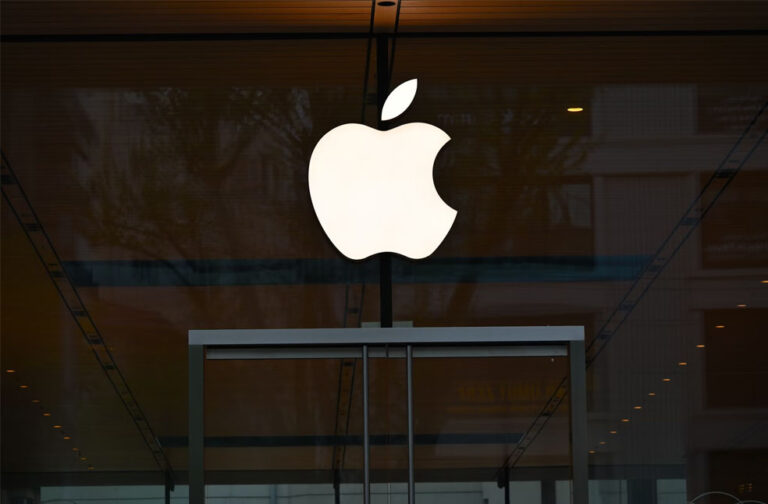London, UK: Apple is facing a legal claim accusing it of locking 40 million British customers into its iCloud service and charging “exorbitant prices.”
The consumer group Which? has launched the legal action, which could result in a £3bn payout, or around £70 per customer, if successful.
Apple denies the accusation, stating that iCloud is not mandatory and that users can choose from various third-party alternatives. It also insists that it makes data transfer easy for users.
This case is part of a growing trend of class actions against Big Tech companies, including Facebook, Google, Steam, and UK mobile providers, all facing similar legal challenges in the Competition Appeal Tribunal.
Legal experts suggest that these cases, though in early stages, could lead to significant settlements in the coming years, potentially affecting the business practices of tech giants.
Apple offers limited free storage and encourages users to pay for additional iCloud space, which ranges from £0.99 per month for 50GB to £54.99 per month for 12TB.

However, Apple does not fully allow third-party storage services to integrate with its devices, citing security concerns. Critics argue this has resulted in customers being locked into Apple’s ecosystem and overcharged.
Which? claims that over the last nine years, Apple has trapped users into its iCloud service and charged inflated prices. The group’s CEO, Anabel Hoult, emphasized that this legal action aims to hold corporations like Apple accountable for overcharging UK consumers, deter similar behaviour, and promote a more competitive market. Apple has strongly denied the accusations and vowed to defend against the legal claim.
The legal action is being supported by international law firm Willkie Farr & Gallagher, while Which? is not seeking a percentage of any damages. Legal experts believe that more similar cases may arise in the future, fuelled by the high value of potential damages and the role of litigation funders.
However, proving market abuse will require the claimant to demonstrate that Apple’s practices were anti-competitive. Meanwhile, the UK regulator has launched a broader investigation into cloud services.



